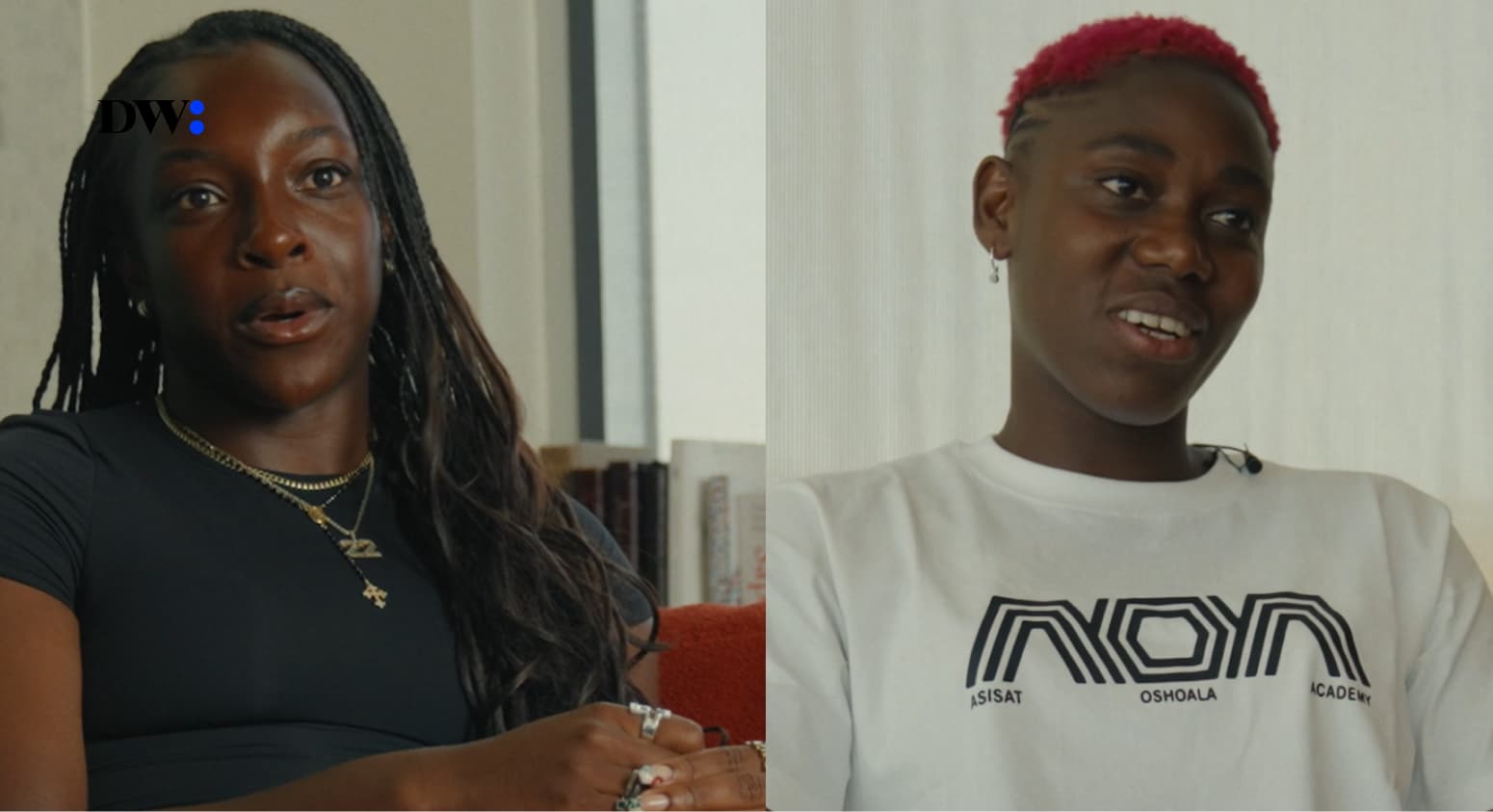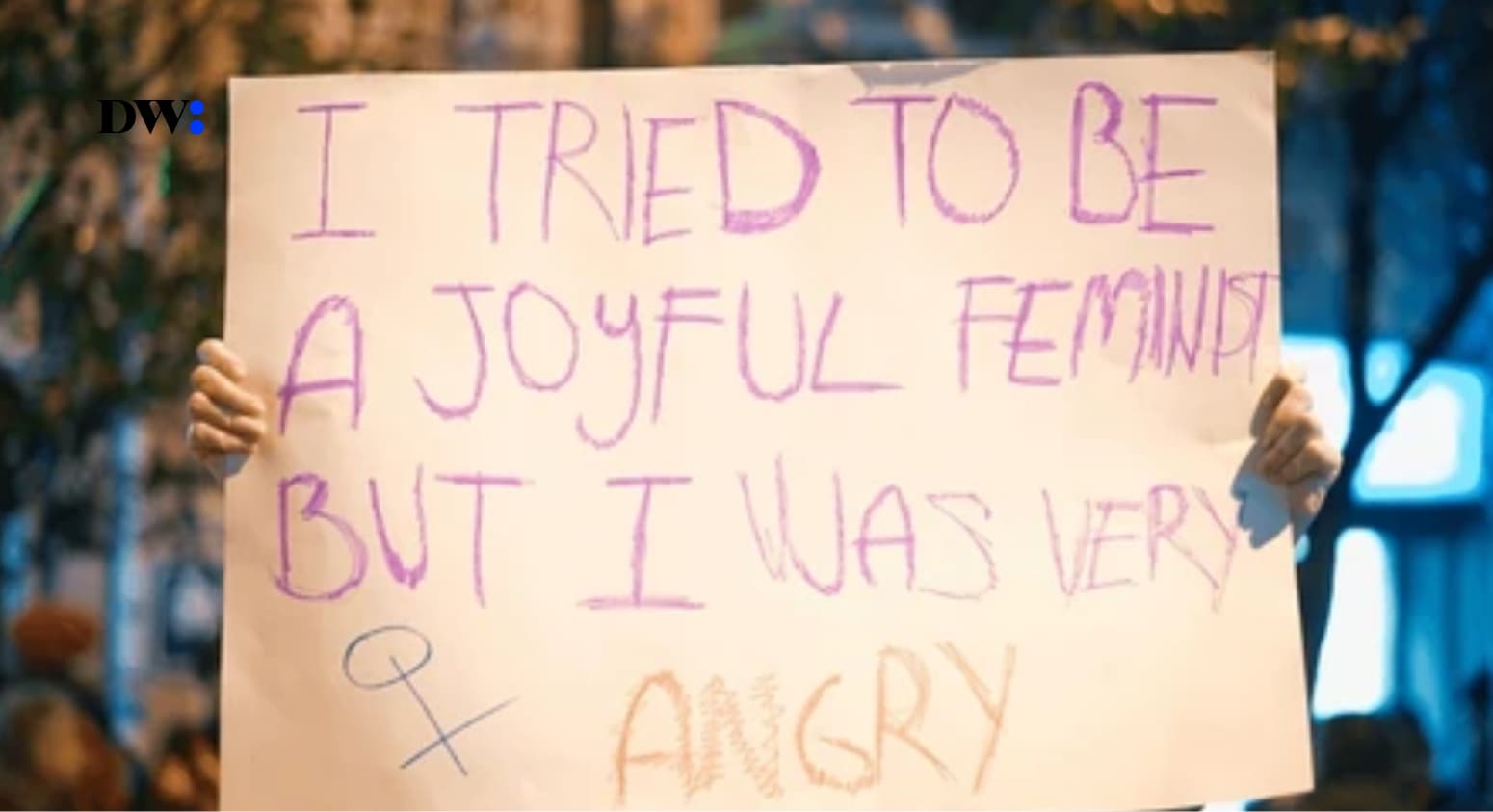“Lupus has ruined my life. I feel like I’m rebuilding a whole new life now. Like I’m adjusting to a new body, and it’s so exhausting.”
For Josephine, a good day is one with minimal pain, enough energy to get by on and a substantial grip on her consciousness. It would be a nausea-free day, allowing her to do yoga, light cardio and eat without exhaustion.
But on most days, her body has other plans. Josephine points to what hurts; everything. Everything hurts.
“Body-wise, the main points of attack have been my heart, chest, lungs, kidneys, joints, muscles and nerves. I get frequent brain fog, spasms, seizures, nausea, and fatigue. My whole body has been taken over by this disease,” Josephine says.
Josephine was first diagnosed with Systemic Lupus Erythematosus last September. By this time, she had already done four years of constant trips to the hospital, multiple lab tests, several misdiagnoses, seizures and minor heart attacks.
“Lupus, is a chronic disease that can cause inflammation and pain in any part of your body. It’s an autoimmune disease, which means that your immune system — the body system that usually fights infections — attacks healthy tissue instead.”- Lupus.org
Before being diagnosed, Josephine had ulcers, Polycystic Ovary Syndrome (PCOS), and coronary artery disease. Lupus exacerbated both of them.
She discloses that she has been sick since her early teenage years, saying offhandedly that it has been a decade of being a chronically ill person.
The cause of lupus is currently unknown. Researchers are still working on learning more about the reason lupus happens.
She has three different drugs and two supplements, “but when I get hit with a flare or lupus targets one of my organs. It can increase to seven pills. Regularly, I take five different medications once daily.”
Lupus shares symptoms with other diseases, making it difficult to accurately diagnose. The most common symptoms include: Skin rashes, pain or swelling in the joints, swelling in the feet, and around the eyes, fatigue and low fevers
Lupus is much more common in women, with nine out of 10 cases. Often, women are diagnosed between the ages of 15 and 44 — during their reproductive years.
“I haven’t found a community of people with lupus yet. I just have friends who have chronic illnesses as well. I’ve only come across tweets and TikTok of people living with Lupus,” She said, adding that she makes dark jokes about her body and condition, making some people uncomfortable.
“I make jokes that my heart doesn’t work; the dark jokes are at their peak when I’m really sick,” Josephine said. “Sometimes you make people uncomfortable, but I’ve been using humour to cope since I started getting really sick.”
“I’m not ghosting you; I’m fighting for my life” could be the name of Josephine’s memoir, as she talks about how living with an autoimmune disease plays into her relationships.
“Dating when you’re chronically ill is the pits. Because somebody could set up a date and I’ll say yes. The day will come, and I’m in a lupus flare,” Josephine said. “I’m cancelling dates, and it makes me come across as flaky.”
Sometimes she retreats from society, and the lapses in communication between her and her friends have made social interactions tricky. As such, She is more careful with choosing partners as she tackles the guilt of putting that burden on one more person. The burden of care.
“It is non-negotiable that my partner will be a kind person. They have to have innate compassion and who can understand that I’m going to require care. They have to be patient with me,” Josephine said.
As with love and friendship, working and working out presents its dilemma.
“Lupus punishes you for exercising, and it punishes you for not exercising,” Josephine said. “I used to love HIIT, but now all I can do is low – medium intensity yoga, and my cardio has to be minimal because of my heart.”
For someone who knows that her body can’t handle a lot of stress, Josephine admits to working a lot. She maintains that cutting down on work could kill her faster.
“I get burnt out quickly, but I need money to be able to afford the kind of care I need, and I’m also the firstborn and first girl (black tax, you know?),” She said.
After a decade, she admits living has gotten easier since the diagnosis as she can now take medication to ease its effect on her body.
She didn’t think she’d be one of those people who believed there was a lesson for everything, but here she was, one of them.
“One of the most obvious lessons would be how fragile life is. It’s real, and it’s tangible, how very easy it is for you to be okay one day and crashing the next,” Josephine said. “It makes me enjoy things more knowing that all I have are moments, pockets of joy between my suffering.
Josephine admits to being more sensitive; now able to extend grace to other people. Living with lupus made her learn how to communicate.
In parting, Josephine said it has been liberating.
“Living with lupus feels like a changing death sentence. On the one hand, it liberates you because you know that you can go anytime…on the other hand, it’s a really painful way to exist,” Josephine said.
She is learning how to live with lupus and accepting that lupus is also living with her.
“I think I’m getting the hang of it….”
The Body Language column is focused on medical conditions that affect women and women living and beating their conditions!
If you wish to speak to us about your condition. Reach out to us here.





